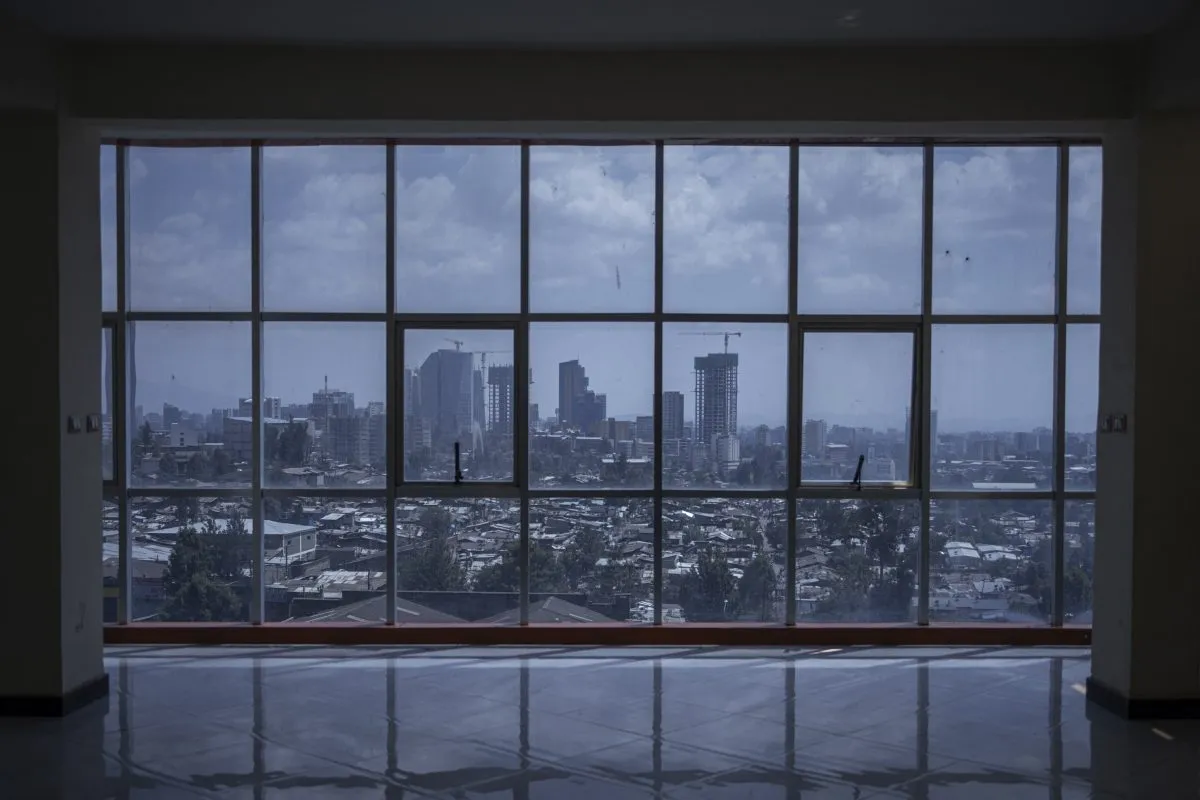Ethiopia’s Council of Ministers has passed a draft law rescinding the country’s long-standing ban on foreign nationals or companies owning “immovable property”, a significant move towards establishing firm property rights that officials hope will unlock greater flows of foreign direct investment.
Non-Ethiopian individuals and businesses have been banned from owning property, whether for personal or commercial use, since the country’s communist revolution of 1974. Since then, property rights have been a sensitive political issue in Ethiopia, with many citizens linking national sovereignty to land ownership.
Nonetheless, since the election of Prime Minister Abiy Ahmed in 2018 the Ethiopian government has been pursuing a wide range of measures designed to open up the economy to foreign investment and promote stronger growth. Now, subject to parliamentary approval, land and property reform will be the latest liberalising measure.
The Council has argued that the legislation, if passed, would help stimulate greater foreign capital investment, increase affordable housing development, and generate more employment opportunities for Ethiopians in real estate and associated sectors.
At least in theory, higher capital inflows from opening up sectors such as real estate would also help boost Ethiopia’s access to hard foreign currency, driving up its foreign reservesand supporting its own currency, the birr.
The move echoes several other reforms the Ethiopian government has undertaken in recent years. The government has allowed foreign companies to compete in previously state-dominated strategic industries such as banking and telecommunications, and has indicated that it will soon open up Ethiopia’s retail sector too. The recent launch of the Ethiopian Securities Exchange and the floating of the birr have been seen as further steps in this direction.
Reform will take time
Mirkarim Yakubov, an asset manager based in Addis Ababa, tells African Business that it will take time for the legislation to be finalised and for foreign investors to understand what the new laws mean in practice – meaning it is unlikely Ethiopia will see an immediate boost in foreign capital flows.
“The impact will depend on what exactly this law ultimately entails and how it will be implemented, although it’s definitely a very interesting move,” he says.
“While they have recently sped up the process to get critical pieces of law into action, it will take time for the government to iron out the details,” Yakubov adds.
“Foreign investors will need to see whether they will be allowed to own any kind of property – residential or commercial – and in what areas. Transparency around how land or property will be priced will also be a crucial consideration.”
Yakubov is optimistic that this move represents another step towards the “opening up” which Abiy has been pursuing since 2018 – partly because of the demands of the International Monetary Fund (IMF), which has been financially supporting the country in return for economic liberalisation.
“The Ethiopian government is trying to mobilise different means to attract foreign investment despite the various economic and security challenges that are still ongoing,” he says.
“This could be attractive for foreign investors or companies wishing to expand to Ethiopia – but of course, we also have to be careful. Everybody knows about the risk of real estate bubbles where there’s a sudden capital inflow.”
Want to continue reading? Subscribe today.
You've read all your free articles for this month! Subscribe now to enjoy full access to our content.
Digital Monthly
£8.00 / month
Receive full unlimited access to our articles, opinions, podcasts and more.
Digital Yearly
£70.00 / year
Our best value offer - save £26 and gain access to all of our digital content for an entire year!

 Sign in with Google
Sign in with Google 



